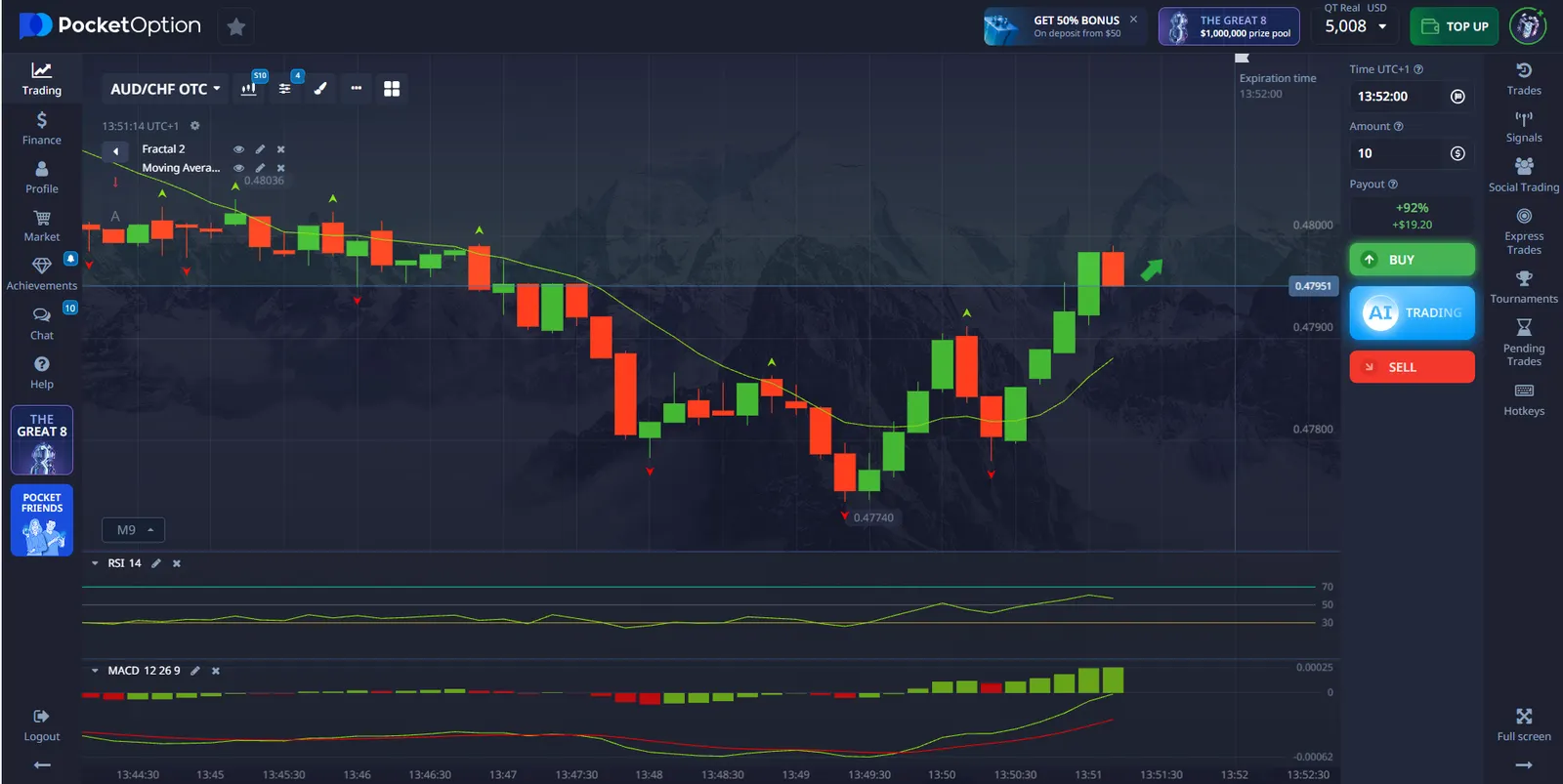- Short-term capital gains are taxed at ordinary income rates.
- If you trade frequently, you may be classified as a “pattern day trader” by the IRS.
- Additional rules may apply if you meet the pattern day trader criteria.
Day Trading Taxes: Everything You Need to Know

Day trading involves buying and selling securities within a single day. While it can bring quick profits, understanding how day trading is taxed is crucial to avoid surprises. Here’s what traders need to know.
Article navigation
Taxes on Day Trading
A common question among day traders is: how is day trading taxed? The answer depends on how the IRS classifies your trading activity. In most cases, the profits from day trading are treated as short-term capital gains, which are taxed at a higher rate compared to long-term capital gains. Short-term capital gains are taxed as ordinary income, so the tax rate will vary based on your income level.
| Trading Activity | Tax Consideration | Documentation Required |
|---|---|---|
| Short-term trades | Higher tax rate | Daily transaction logs |
| Wash sales | Loss limitations | 30-day tracking |
| Pattern trading | Trader status implications | Activity frequency records |

Tax on Day Trading
When you day trade, you are likely subject to a tax on day trading based on the frequency and duration of your trades. Since day traders generally hold their assets for only a few hours or days, the profits are considered short-term and are taxed as ordinary income. This means that the more you earn from day trading, the higher your tax rate might be.
Key Points on Tax on Day Trading:
How Is Day Trading Taxed?
How day trading is taxed largely depends on your net gains. When you buy and sell securities, you will pay taxes on the profits made. Conversely, if you suffer losses, you might be able to offset some of your gains through tax-loss harvesting, which can reduce your overall tax liability.
Here’s a breakdown of how day trading is taxed:
- Profits: Taxed as ordinary income at your applicable tax rate.
- Losses: Can be used to offset taxable gains, reducing your total taxable income.
- Pattern Day Traders: Must maintain a minimum balance in their brokerage account and are subject to specific IRS rules.
Tax Implications of Day Trading
Understanding the tax implications of day trading is crucial for managing your financial situation. If you make a profit from day trading, you’ll owe taxes on those gains. However, trading losses can help reduce the tax burden. It’s also important to know that day trading is not just about taxes on profits; it’s also about understanding how your accounts and strategies affect your tax responsibilities.
Factors Affecting Your Taxes:
- Type of Account: Regular brokerage accounts subject you to taxes, while retirement accounts like IRAs may have different tax treatments.
- Trading Frequency: More frequent trading may lead to higher taxable income.
- Tax-Loss Harvesting: Can help offset gains and reduce your tax bill.
Does Pocket Option Tax Day Trading?
✔️If you’re wondering whether Pocket Option imposes taxes on day trading, it’s important to note that the platform itself does not tax your trading activities. Pocket Option does not charge any fees for using your account or trading, which means the focus is on providing a seamless trading experience without extra charges. However, the tax implications of day trading still depend on the tax laws of your country.
In some countries, for example, profits made from trading on platforms like Pocket Option are subject to the same tax laws as those made through any other trading platform. Thus, even though Pocket Option does not charge trading fees, you are still required to report any profits made and pay taxes accordingly.
Calculation Methods
Understanding how is day trading taxed requires attention to specific calculation methodologies:
- Net profit/loss tracking
- Expense categorization
- Tax bracket assessment
- Quarterly estimation
| Profit Level | Tax Estimation | Documentation Needed |
|---|---|---|
| $0-50,000 | Basic tracking | Monthly statements |
| $50,001-200,000 | Detailed analysis | Daily logs |
| $200,000+ | Professional audit | Complete records |
Day trading taxes require systematic tracking and analysis of all trading activities. Implementation of proper record-keeping systems is essential for accurate tax reporting.
| Record Type | Update Frequency | Purpose |
|---|---|---|
| Trade Journal | Daily | Transaction tracking |
| Expense Log | Weekly | Deduction tracking |
| Tax Calendar | Monthly | Payment planning |
FAQ
How often should I update my trading tax records?
Daily updates are recommended, with weekly reconciliation of all transactions and expenses.
What documentation is needed for tax deductions?
Keep all trading platform statements, expense receipts, and detailed logs of trading-related activities.
How do wash sale rules affect tax calculations?
Wash sales can disallow loss deductions if similar securities are purchased within 30 days before or after a sale at a loss.
When should I make estimated tax payments?
Quarterly payments are typically required if you expect to owe $1,000 or more in taxes.
How long should tax records be maintained?
Keep all trading records and tax documents for at least 7 years after filing.
CONCLUSION
Day trading taxes can be complex, but understanding how your profits are taxed can help you better prepare for tax season. Whether you’re trading on Pocket Option or another platform, the most important thing is to keep accurate records of your trades and consult a tax professional to ensure compliance with tax laws in your jurisdiction.
Start trading